Who is it for?
Machining is a manufacturing process which involves cutting, shaping, or removing material from a workpiece using a machine tool. If you are interested in manufacturing techniques, this could be the ideal course for you.
To be eligible for the course, you need to be aged 16 and over with 4 GCSEs at Grades A-C or 9-4 including Maths and English.
What will I learn?
Throughout your course you will cover a range of different units that will help to develop your knowledge of engineering theory and give you the chance to gain practical hands-on experience in our workshop.
These will include general machining techniques, advanced milling & turning techniques, advanced manufacturing (CNC), additive manufacturing processes and engineering design.
In addition, you will achieve the following qualifications:
• Level 3 City & Guilds Diploma in Machining
When can I start?
We run an annual intake for the Machining Technician programme which commences in early April.
Course Overview
Apprenticeships are all about developing new Knowledge, Skills and Behaviours (KSB). These KSBs form the foundation of the core competencies and attributes you need in order to be successful as a Machining Technician.
These KSBs are the basis for your end point assessment.
Knowledge
• Awareness of health and safety, hazardous waste and environment and sustainability regulations
• Understanding engineering representations, drawings, graphical information and specifications.
• Understanding engineering mathematical and scientific principles: calculations, conversions.
• Understanding planning techniques, time management, workflow, work scheduling, work plans, documents and work categorisation systems.
• Understanding engineering materials and their structure, properties and characteristics; impact on use, how and why engineering materials can fail.
• Awareness of engineering standards and regulations
• Understanding tooling and work-holding devices: purpose and operation of devices for carrying out complex machining tasks.
• Understanding engineering machining processes tools and equipment: Milling; Turning; Grinding; Electro Discharge Machine (EDM); Gear Cutting.
• Understanding machining operations and techniques to produce complex components.
• Understanding quality assurance: principles, practices and record keeping.
• Understanding fault finding, diagnostic methods and techniques for identifying engineering and manufacturing problems. Escalation techniques.
• Understanding the use and application of measurement, calibration and testing equipment.
• Communication techniques: verbal. Machining industry terminology.
• Understanding documentation - electronic and paper.
• Understanding housekeeping and maintenance practices and techniques: planned, preventative and predictive methods, frequency, and reactive activities.
• Understanding how organisations vary regarding their work, culture, values and production processes in the Machining industry.
• Understanding inspection processes and procedures; documentation and escalation.
• Understanding technological development and innovation in the machining sector; Industry 4.0; digitalisation.
• Understanding continuous improvement principles and practices: Lean; Six Sigma; Kaizen.
• Understanding equality, diversity and inclusion requirements in the workplace.
• Understanding stock and services considerations. Availability, stock lead times. Correct handling. Stock value. Faulty stock and returns process
Skills
• Complying with statutory health and safety regulations and procedures.
• Complying with environmental, ethical and sustainability regulations and procedures: safe disposal of waste, re-cycling or re-use of materials and efficient use of resources.
• Preparing and setting up conventional or CNC machines.
• Operating and adjusting conventional or CNC machines.
• Applying risk assessment and hazard identification processes and procedures in the work area.
• Monitoring, obtaining and checking stock and supplies, and completing stock returns.
• Recording information - paper based or electronic.
• Reading and interpreting information. For example, data and documentation used to produce machined components.
• Applying engineering, mathematical and scientific principles.
• Planning and organising own work and resources.
• Following and applying inspection, quality assurance procedures and processes.
• Selecting machining process.
• Selecting and setting up tooling and work holding devices.
• Setting and adjusting machine operating parameters. For example, setting feeds and speeds for roughing and finishing operations, downloading and editing programmes when using a CNC machine tool.
• Applying machining operations and techniques to produce complex components with features.
• Measuring and checking components.
• Selecting and checking condition of tools and equipment. Identify issues, resolve and take action as needed.
• Identifying and actioning issues in the manufacturing process.
• Applying fault-finding and diagnostic testing procedures to identify faults. Diagnose and resolve issues. Escalate issues.
• Maintaining the work area and return any resources and consumables.
• Communicating with others verbally. For example, colleagues and stakeholders.
• Following machine shut down, safe isolation, handover, start up or warm up procedures. Escalate issues.
• Applying continuous improvement techniques. Devise suggestions for improvement.
• Applying ethical principles.
• Applying team working principles.
Behaviours
• Prioritise health and safety
• Act ethically.
• Take responsibility for work.
• Team-focus to meet work goals, for example, work effectively with others, resolves issues in discussion with others.
• Committed to continued professional development (CPD) to maintain and enhance competence in their own area of practice.
• Support an equal, diverse and inclusive culture
Additional Information
During your apprenticeship you will receive:
- An induction to the programme to make you feel welcome and to help you understand how the apprenticeship works
- Day release training at our Training Centre to help build your knowledge and skills
- Training in the workplace to help you learn the job role and to become a valued member of the team
- Regular progress reviews to help with your development and to ensure you remain on track to successfully complete your apprenticeship
The majority of your learning will be undertaken whilst you are working. To successfully achieve the apprenticeship 20% of the teaching, learning and development will be undertaken through off-the-job training which takes place at our PETA Engineering Training Centre in Havant.
